Have you ever wondered about the mysteries behind conspiracy theories? With a surge in interest, especially after the pandemic, we’re seeing more people question the so-called “official stories.” Social media’s influence on spreading these theories has been enormous, creating a space where doubts and alternative narratives flourish.
In today’s interconnected world, conspiracy theories have moved from obscure chat rooms to the mainstream, pushed along by social media platforms. They’re not just idle chatter; they shape beliefs and influence actions. Some theories claim the COVID-19 pandemic is a plot for world domination, while others question historical events or scientific facts. Each one challenges our understanding of truth and reality.
But here’s the kicker: it’s not just about wild stories. The rise in these theories has prompted significant research, showing a complex interplay between psychological factors and social media dynamics. So, why do these theories gain traction, and what role does the digital age play in their spread?
As we delve into the 10 most plausible conspiracy theories, we’re not just listing them. We’re exploring the mindset behind them. From the government’s secret dealings to corporate manipulations, these theories reflect deep-seated fears and doubts in society.
So, buckle up! We’re about to explore the intricate world of conspiracy theories. It’s a journey through the human psyche, digital influence, and the quest for truth in an era of misinformation.
10 – Queen Elizabeth I of England was a man

Some theories out there suggest the real Princess Elizabeth died while young so the ruling powers in England simply substituted a young boy with the right hair colour and features in her place. This imposter then grew up to be the ‘Queen’ Elizabeth we read about today.
09 – Shakespeare didn’t write his own plays

08 – Lincoln was assassinated on the Pope’s orders
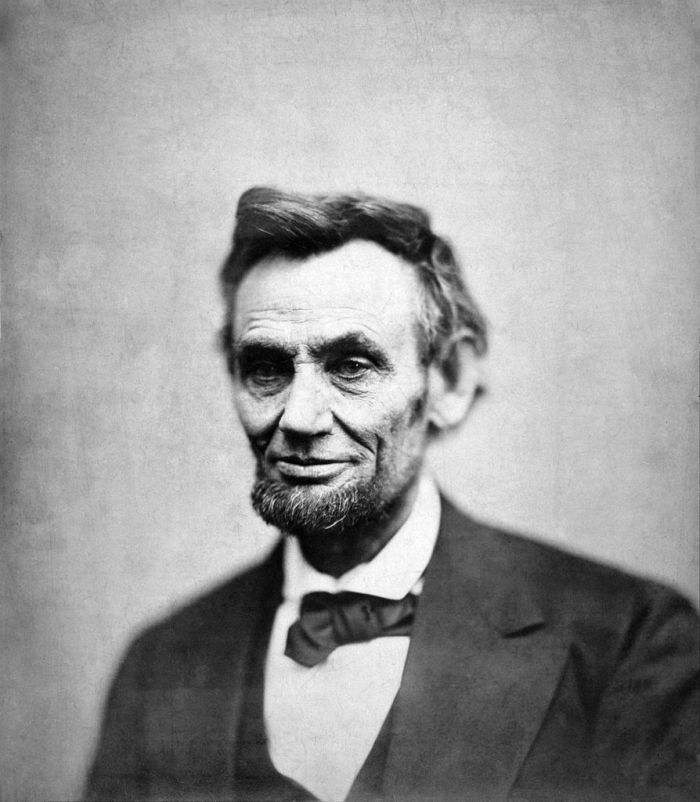
07 – Chemicals are begin released into the atmosphere to poison us

A big debate still raging in conspiracy theory circles is that of so called chemical trails (or chem-trails) that appear in the sky. The trails are the white lines that you can see in the sky when you look up that planes have left behind. While traditionally thought to be fuel lines, some argue that they are in fact dangerous chemicals being released into the atmosphere. The reason? To control the population by slowing killing people off or to control people through the mind-control chemicals in the trails.
06 – Osama Bin-Laden is alive
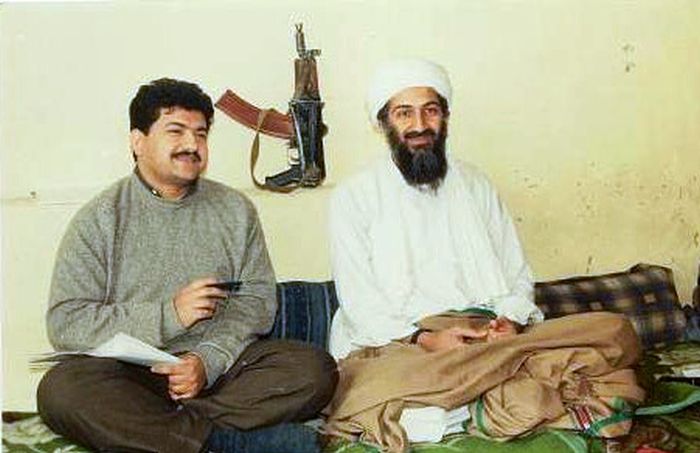
05 – Marilyn Monroe didn’t commit suicide
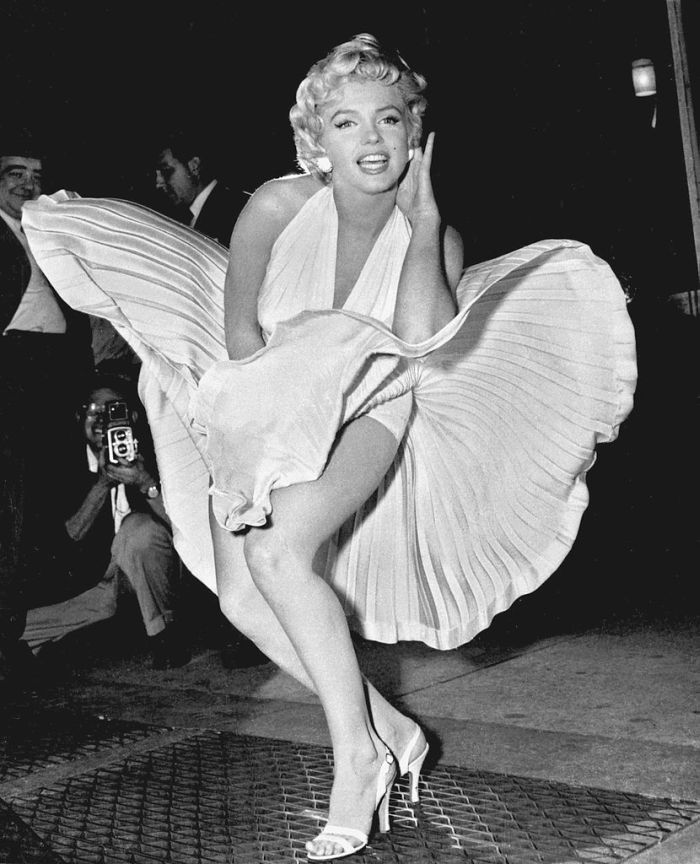
04 – The moon landings were faked
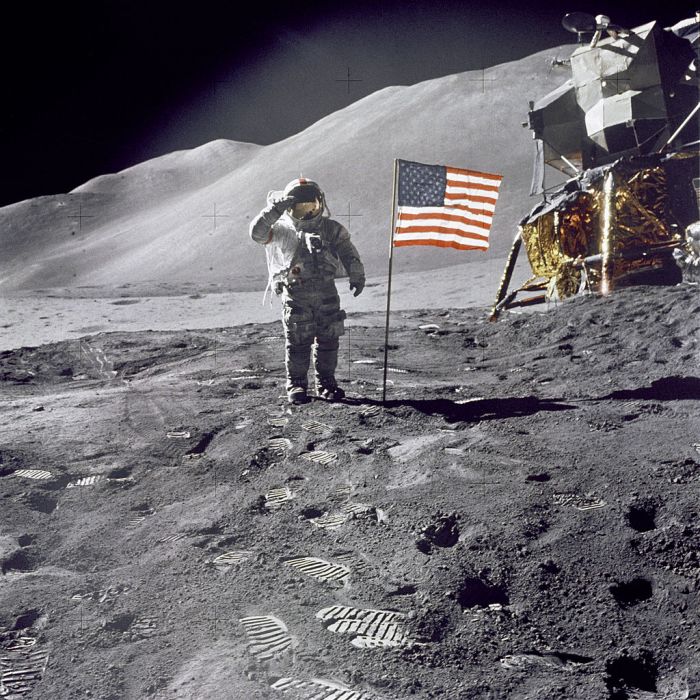
03 – Pearl Harbor could have been avoided
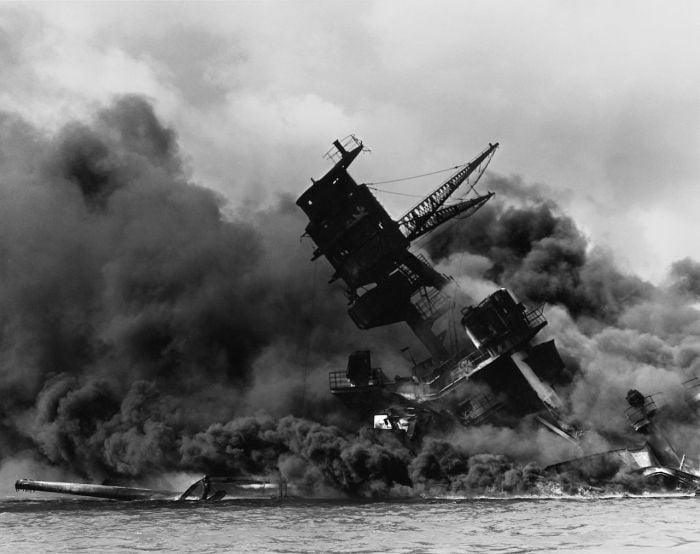
02 – 9/11 was an inside job

01 – The Illuminati control us all
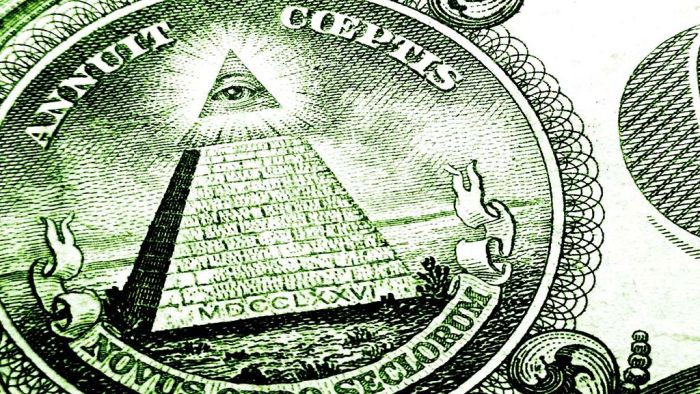
While some conspiracy theories are more believable than others, if even one of the above is true then that is pretty shocking. If one thing is for sure, there will be no let up of new theories coming out over the years. For every big news story, there is always another darker twist to make us think twice.
The Mind Behind the Myth: Unpacking the Psychology of Conspiracy Beliefs
Ever wonder why some people get hooked on conspiracy theories? It’s not just about the thrill of a good story. The allure of these theories often lies deeper, rooted in our psychological makeup. Researchers have identified factors like cognitive style, motivational drivers, and personality traits as key influencers.
For instance, the need for certainty in an uncertain world can lead people to embrace conspiracy theories. They offer simple explanations for complex events. It’s a way to make sense of the chaos. Also, traits like collective narcissism, where a person believes their group is exceptional but misunderstood, can fuel belief in conspiracies. It’s a defense against perceived threats to the group’s status.
But here’s a critical point: these beliefs aren’t harmless. They can erode trust in institutions and even incite violence. Remember the Capitol attack in 2021? It was fueled by false narratives around the presidential election. These theories can have real, dangerous impacts on society.
Moreover, the role of social media in promoting these beliefs is undeniable. Online platforms act as echo chambers, reinforcing existing beliefs and creating communities bonded over shared conspiracies. It’s a cycle that feeds itself, pushing some towards radicalization.
In essence, conspiracy theories are more than just stories. They are reflections of our psyche, influenced by a mix of cognitive, motivational, and personality factors. Understanding this can help us approach these theories with a critical eye and encourage informed discussions in our digital world.
Unraveling the Future: Navigating the World of Conspiracy Theories
As we reach the end of our exploration into the 10 most plausible conspiracy theories, it’s clear that these narratives are more than just idle speculations. They reflect deep-seated societal anxieties and the powerful influence of the digital age. While theories like the COVID-19 plots or election fraud claims may seem far-fetched, they’ve had real impacts, from undermining trust in institutions to inciting violent actions.
The key takeaway? The relationship between social media and conspiracy beliefs isn’t straightforward. It’s a complex interplay where pre-existing mindsets are amplified by digital echo chambers. This trend poses challenges to societal cohesion and democratic stability, making it crucial for us to approach information critically.
In this era of abundant information, it’s essential to foster a culture of skepticism and informed discussion. Recognizing the psychological underpinnings of these theories can help us address them more effectively. Let’s commit to being vigilant, questioning narratives, and valuing evidence-based perspectives. Only then can we hope to navigate the murky waters of conspiracy theories in our increasingly digital world.

